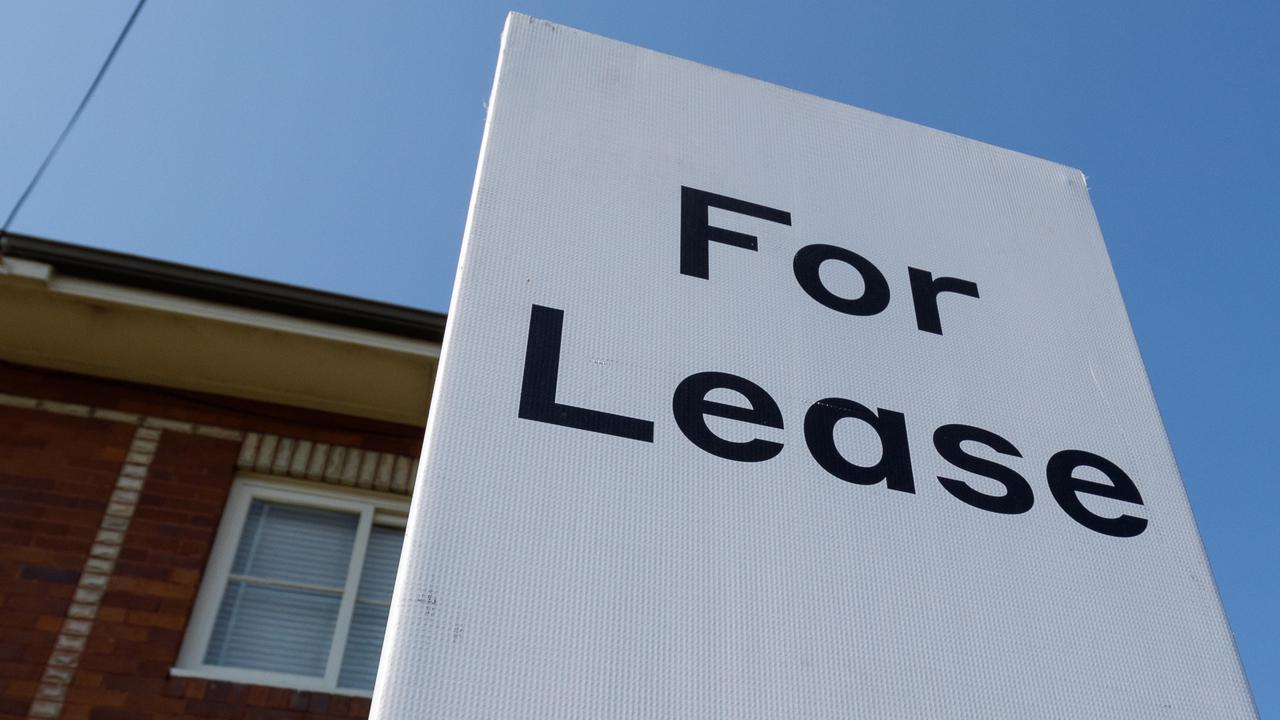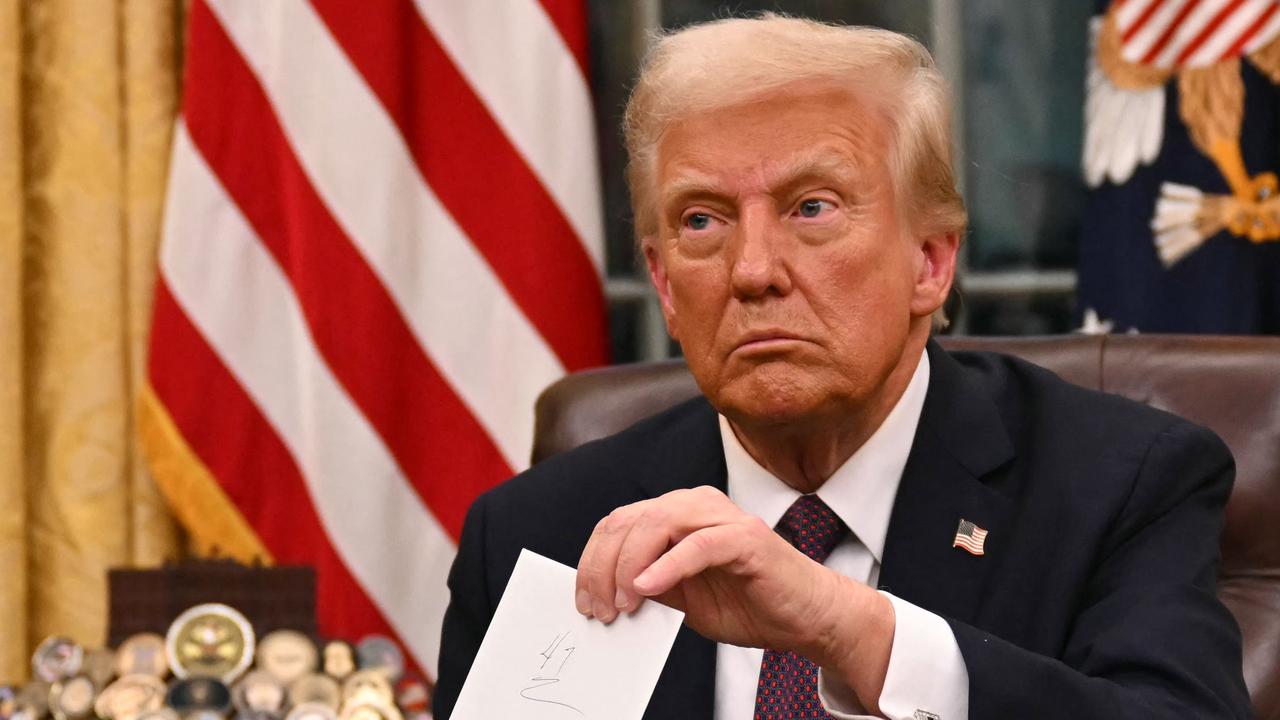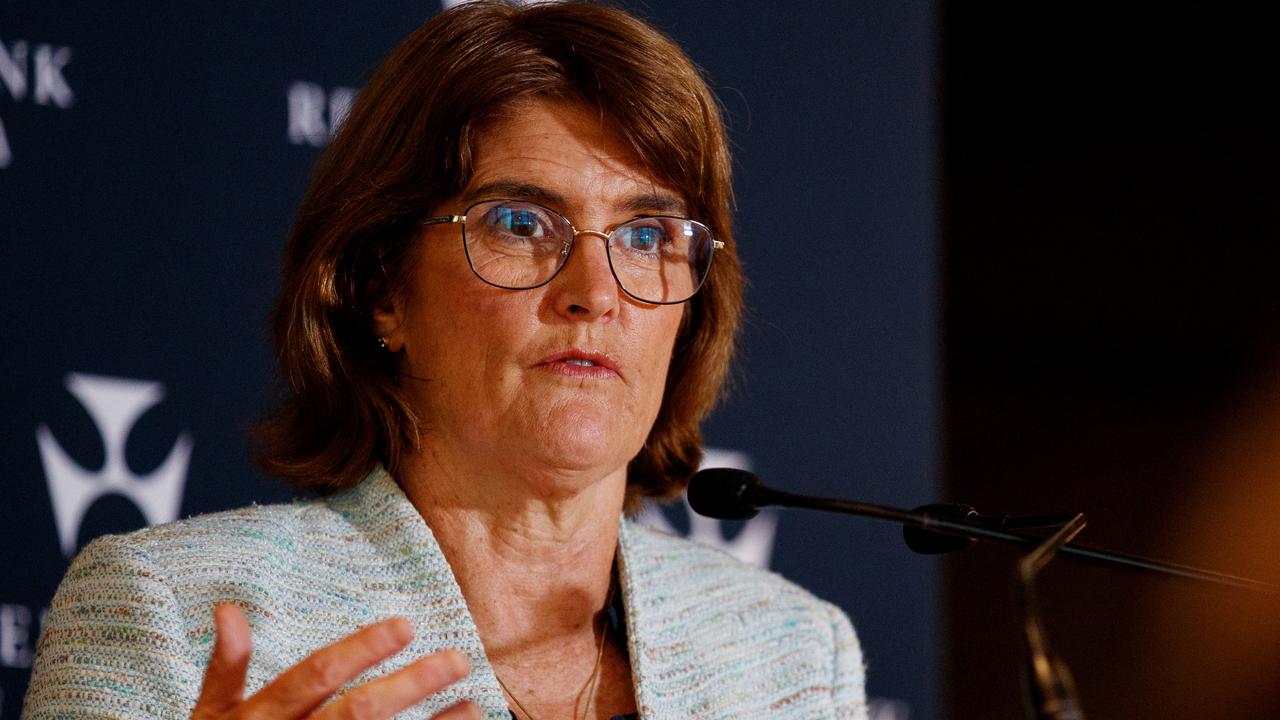Australian dollar dips again to a fresh six year low but Joe Hockey isn’t too worried
ONGOING global economic worries have pushed the Australian dollar to a fresh six year low — but Joe Hockey isn’t too worried.
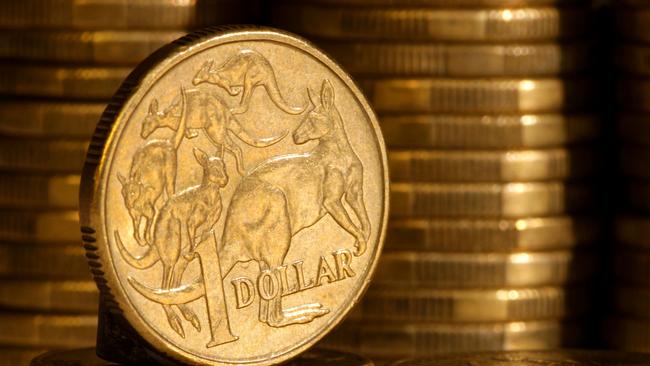
ONGOING global economic worries have pushed the Australian dollar to a fresh six year low.
At 5pm AEST today, the currency was trading at 69.83 US cents, down from 70.16 cents on Thursday.
It hit a low of 69.59 US cents on Friday afternoon, its lowest level since April 2009.
“It’s the same reason as what we’ve seen recently,” Commonwealth Bank chief currency strategist Richard Grace said.
“Lower commodities prices, speculation of slower global growth led by China, lower Australian bond yields, narrowing interest rate differentials, a weaker Asian stock market — all of those factors have contributed.” The currency had twice dipped below 70 US cents earlier in the week, first due to weak Chinese economic data, and then a disappointing rate of Australian economic growth.
MORE: Why the Aussie dollar could go below US60c
RATES: RBA puts them on hold, what it means for you
The European Central Bank on Thursday downgraded its economic forecasts and inflation forecasts, and hinted at more stimulus if needed.
Mr Grace said the Australian dollar would remain under pressure ahead of the release of US payrolls data on Friday night, a key read on the US economy ahead of the next US Federal Reserve meeting.
Treasurer Joe Hockey said the Australian dollar wasn’t too low and would leave judgment of fair value of the Australian dollar to the markets.
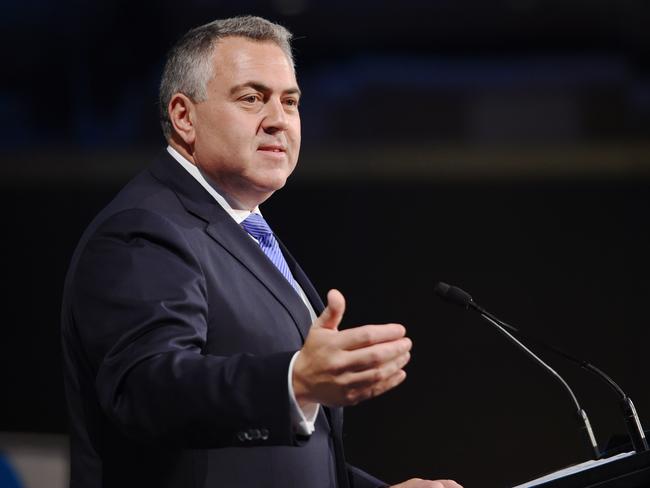
But many Australian exporters had struggled when the Australian dollar was near parity with the US dollar, he told Bloomberg Television from Turkey where he’s attending a G20 finance ministers’ meeting.
Asked if the dollar was too weak, he replied: “No, as the head of our central bank identified the other day, he’s not upset about the current level.” “The fact is we can cope with a currency that continues to fall, because it is going to empower our exporters and in the main Australia is always a beneficiary of better export prices.” Mr Hockey said Australia had a diversified economy, much more diversified than people appreciated.
“Therefore we will be able to cope with whatever happens in China or more particularly in other parts of the world, so long as it’s not a global-wide phenomena,” he said.
Mr Hockey said the budget forecasts, formulated before the downturn in China, were about right.
National accounts, released this week, showed modest growth of 0.2 per cent growth, which economists said was much worse than they were expecting.
Mr Hockey said they were missing the full year data plus more recent data which indicated strong growth in services which represents 70 per cent of the economy.
He said mining and resources represented 10 per cent of the economy and agriculture under five per cent, through they were a big part of exports.
“We are seeing pretty strong employment growth, even in the wake of us not getting our economic growth back to what is our trend growth rate of around 3.25 per cent,” he said.

